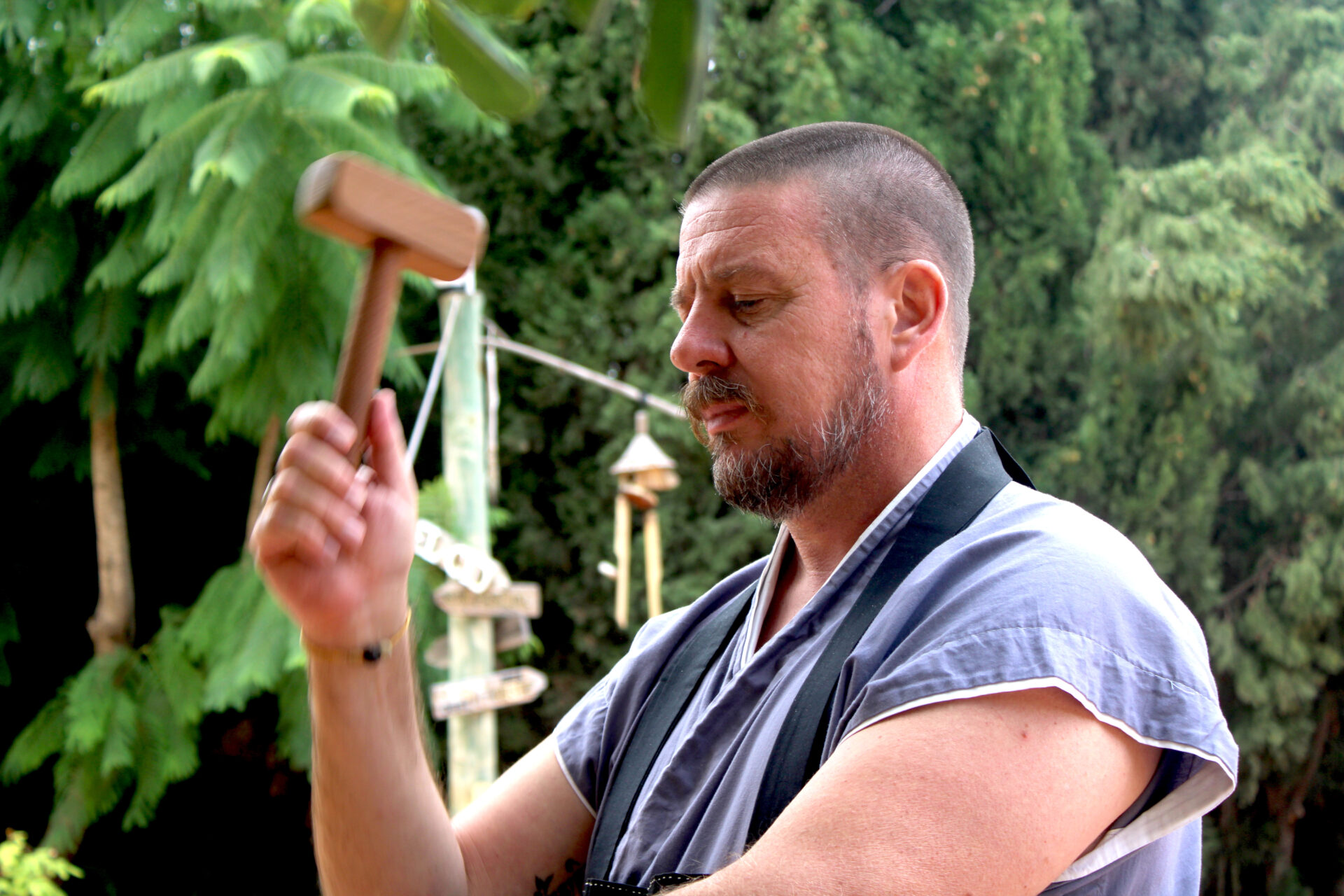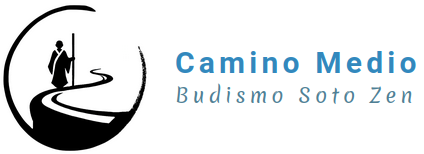At the first in-person meeting of the Soto Zen Camino Medio Community, The treasury team presented a more elaborate text than the one we present here based on the libro “Ecodharma” by David Loy. This book offers deep reflection on how Buddhist teachings can be integrated with an ethical and sustainable approach in response to contemporary challenges., especially in relation to the ecological crisis we face. From these ideas, Below is a proposal to develop economic management that reflects Buddhist principles, sustainability and social well-being for the organization of the Soto Zen Camino Medio Community.
Reflections on the Intersection of Buddhism and Sustainability
Currently, the Buddhist tradition faces an important challenge: be part of a postmodern world, globalized, secular and highly technical, what, often, can be self destructive. Some currents of Buddhism discourage social involvement and attention to ecological issues, focusing on the individual salvation of each practitioner. In this context, the Buddhist path is perceived more as a form of therapy, offering new perspectives on mental distress and practices that promote well-being in our world.
However, many contemporary Buddhists question this attitude. The separation between an otherworldly Buddhism, who seeks to escape from the world, and one worried about this world seems to be a common dilemma. However, there is a third way: instead of transcending or fitting into the world, we can wake up and experience life in a different way. This awakening leads us to rebuild our relationship with the world and recognize our interconnection with nature and with others through equanimity., compassion, the kindness and joy that arises naturally from Buddhist practice.
This recognition implies a social commitment and a reevaluation of the economic and political structures that contribute to the “ecocrisis” and the social injustice we face today.. The path of personal and social transformation is intrinsically intertwined. Engaging with the world is how our individual awakening flourishes, and our contemplative practices, like meditation, they become an activism that becomes a spiritual path.
Ecodharma: The Buddhist Response to the Ecological Crisis
The concept of ecodharma arises as a Buddhist response to our ecological crisis, combining ecological concerns with the teachings of Buddhism. By rediscovering our connection with nature, We understand that the world is not just a collection of objects, but an interdependent community of living beings that requires a new type of relationship.
Retreating to the natural world can disrupt our habitual perceptions, opening the door to new alternatives. Buddhism teaches us that our sense of self is a construct that causes anxiety and insecurity., and that the solution is not to free yourself from the self, but to deconstruct and reconstruct it through practices of generosity, loving kindness and wisdom.
The duality we face as a species, A wise man, and our disconnection from the biosphere reflects a conflict similar to that of the individual. This alienation creates anxiety, and our response to it often manifests itself in a collective attempt to achieve security through economic growth., which actually aggravates our disconnection from nature. We can't go back to nature, because we have never separated from her; rather, we must recognize our nonduality and live in accordance with that understanding.
Towards Sustainable Economic Management
Design economic management for our community, who needs income, but seeks compatibility with Buddhist ethics and sustainable economics, involves a balanced approach that prioritizes ethical and ecological principles. Each activity must respect both people and the environment, avoiding exploitation and suffering.
Therefore, we propose:
- conscious economic activity: Promote an inclusive model, accessible and sustainable.
- Moderate consumption: Promote simple living and conscious spending.
- Ethical and ecological sources of income: Generate income through withdrawals, digital publications and educational and cultural projects.
- Circular economy: Minimize waste and promote resource reuse, supporting organic farming and sustainable crafts.
Conclusion
Economic management for our community must reflect deep respect for the ethical principles of Buddhism and the values of sustainability.. Promoting activism and the circular economy will help minimize environmental impact and support the most vulnerable. Fostering cooperative and regenerative decisions will allow our community to thrive in harmony with the world around us.

